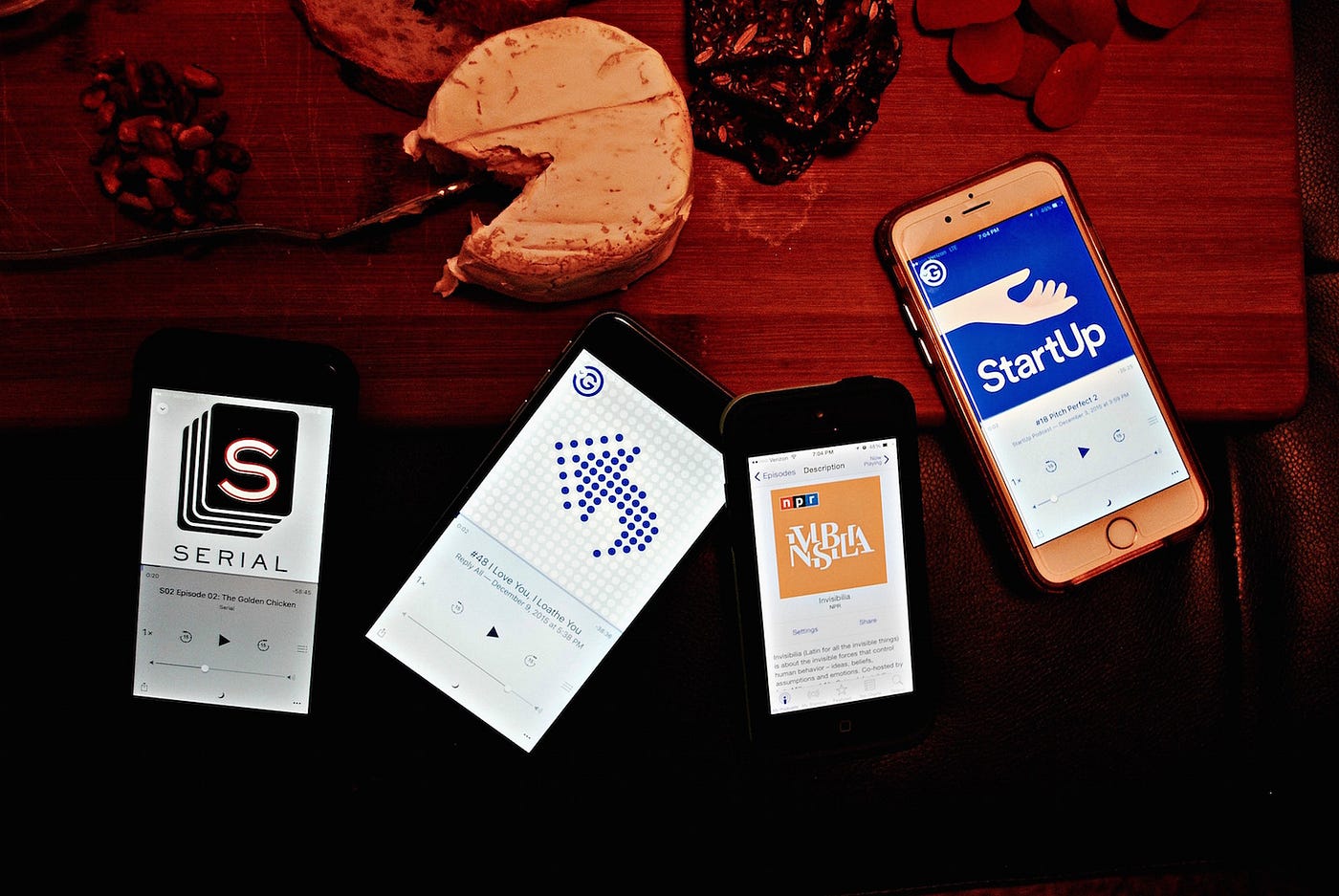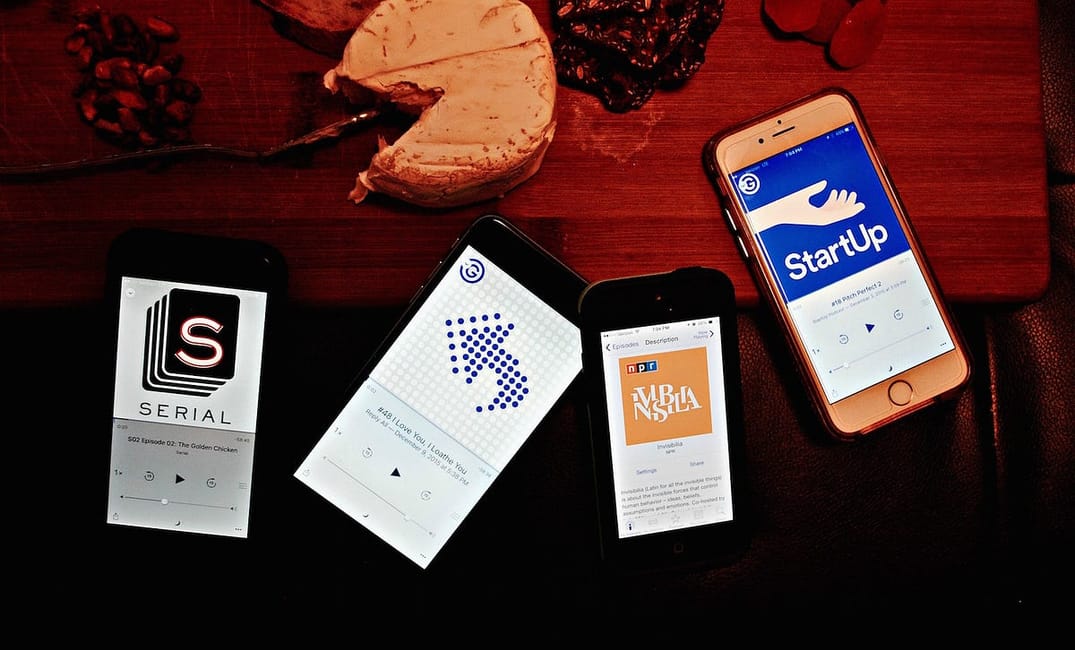
About a year ago, I took the plunge and started a book club. For years, my circle of friends had talked about gathering on a monthly basis to discuss our favorite novels. As a group of avid readers, we felt like it was the perfect excuse to gab together over wine and food, and to discuss something (more) intellectual for a change.
The bliss lasted exactly one month. Our first book-club meeting was a success — every single one of us had, at the very least, picked up the book (a few even finished!). But eight months later, while we were still meeting monthly over cheese plates and Chardonnay, our attendance rate was abysmal.
This small experiment led me to discover a larger truth: as much as we’d like to believe that Millennials like me are still reading on their Kindles or by way of Audible, for the most part, they’re not.
This idea is largely antithetical to a recent story in the Los Angeles Times claiming that Millennials are reading more books than their elders. What it failed to emphasize is that the Millennial age range (people between the ages of 18 and 25) clumps together people with required academic reading.
So fewer people are reading, especially on their own.
Well, at least they’re not reading books. Instead, they’re reading blog posts about books, their Twitter feeds and the New York Times online. Millennials are discussing the latest thing they’ve read, but it’s more likely 500 words on whether a dress is blue or gold than a long-form essay from Chuck Palahniuk.
So maybe that’s why my book club failed.
After a summer “hiatus,” my friends have asked about picking the book club back up where we left off. But I’m hesitant. Will we actually read this time around? Instead of taking the former route, I’m turning my attention to podcasts. Because although as Millennials we may not be reading, we’re certainly listening.
Yes, podcasts are the new book club.
“Serial,” the podcast that completely changed the landscape of podcasts forever (by creating a dialogue around them) released its second season last week after long a delay (a rare interview with “Serial” narrator and main investigator Sarah Koenig in Glamour indicated that it was set to debut in the early fall). All the speculation had people going crazy, so needless to say, there was serious hype once the second season finally aired.
The success of “Serial,” a spinoff of WBEZ’s “This American Life,” has brought the podcast to mainstream media.
Pandora announced in early November that it would begin streaming the second season of the popular podcast and already started rebroadcasting season 1 in November. Podcast downloads skyrocketed this year (iTunes reported one billion podcast subscribers last year), and hosts have become celebrities (Reply All, Radiolab and Invisibilia hosted the “Lollapalooza of podcasts,” or the inaugural live stage event Cast Party, in New York this past July) and vice versa. Snookie from MTV’s Jersey Shore scored her own podcast, getting about 1.5 million downloads each episode, and Alec Baldwin hosts the popular “Here’s the Thing,” in which he interviews his celebrity friends. Also, for the first time in history, a podcast was recognized at the Peabody Awards.
Last year, Todd Cochrane of RawVoice told the Washington Post, “Podcasts are in vogue.” Cochrane was talking about Alex Blumberg’s first for-profit podcast company, Gimlet Media. Blumberg, a former “This American Life” producer, and Gimlet Media’s co-founder, Matt Lieber, are just one part of the podcast revolution.
Millennials are used to consuming content rapidly; we’re the generation of immediate gratification, after all. The beauty behind the podcast is that it meets our demand for short snippets of valuable information that make us sound educated, interesting and prosperous. Listeners can indulge in one or two episodes on a morning commute and still feel like they’re adding value to their lives.
It also helps that for the Millennials who are attached to their smartphones, podcasts are easy to find. There’s an app ready and available on the iPhone, and more Millennials are commuting from their urban dwellings with ample time to sit and listen to audio. As Kevin Roose pointed out in New York Magazine, podcasts deliver the on-demand listening to which audiences have become accustomed. The well-produced podcasts of 2016 — like NPR’s “Invisibilia,” Gimlet Media’s “Surprisingly Awesome” or Roman Mars’s “99% Invisible” — can be streamed, synced and plugged into car radios, phones and TV sets everywhere.
So when I suggested to my former book-club members that I’d put down my paperback for the podcast, it didn’t take long for them to catch on. They had already downloaded the second season of “Serial,” which had finally debuted just a week earlier, and we met with our usual cheese plate and Chardonnay to discuss the season opening with enough intensity to warrant an hour-long discussion.







